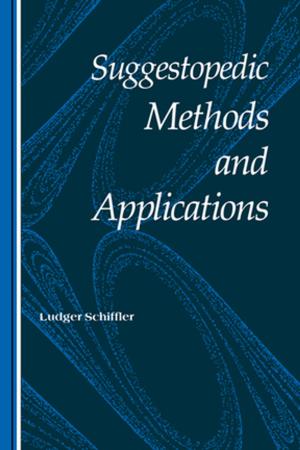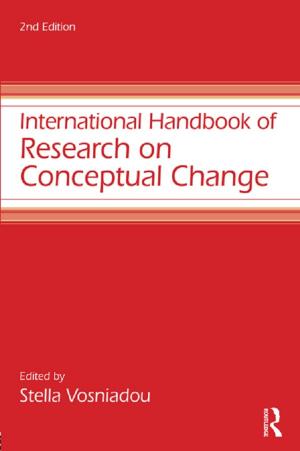A Companion to Political Philosophy. Methods, Tools, Topics
Nonfiction, Religion & Spirituality, Philosophy, Political| Author: | ISBN: | 9781317188674 | |
| Publisher: | Taylor and Francis | Publication: | March 23, 2016 |
| Imprint: | Routledge | Language: | English |
| Author: | |
| ISBN: | 9781317188674 |
| Publisher: | Taylor and Francis |
| Publication: | March 23, 2016 |
| Imprint: | Routledge |
| Language: | English |
This book offers a comprehensive overview of the key concepts and issues of contemporary political philosophy, providing an essential reference work for scholars and advanced students. It is structured in three parts, covering methodological issues; tools and argumentative strategies employed by political philosophy; and concepts and topics key to the discipline. Expert authors from around the world have written twenty chapters in a consistent and engaging style. Each chapter is thoroughly cross-referenced allowing students to appreciate how methodological issues relate to each other, and how methodology and argumentative tools affect the way substantial issues are addressed. The chapters are supplemented by further reading lists and selected bibliographies to aid further research. The companion will be required reading for masters and post-doctoral students, providing them with the appropriate tools for approaching political philosophy in a more thoughtful way, and showing how substantive topics are addressed within different perspectives and paradigms. The companion also provides upper-level undergraduates with a sophisticated introduction to the relevant problems and challenges political philosophy addresses.
This book offers a comprehensive overview of the key concepts and issues of contemporary political philosophy, providing an essential reference work for scholars and advanced students. It is structured in three parts, covering methodological issues; tools and argumentative strategies employed by political philosophy; and concepts and topics key to the discipline. Expert authors from around the world have written twenty chapters in a consistent and engaging style. Each chapter is thoroughly cross-referenced allowing students to appreciate how methodological issues relate to each other, and how methodology and argumentative tools affect the way substantial issues are addressed. The chapters are supplemented by further reading lists and selected bibliographies to aid further research. The companion will be required reading for masters and post-doctoral students, providing them with the appropriate tools for approaching political philosophy in a more thoughtful way, and showing how substantive topics are addressed within different perspectives and paradigms. The companion also provides upper-level undergraduates with a sophisticated introduction to the relevant problems and challenges political philosophy addresses.















